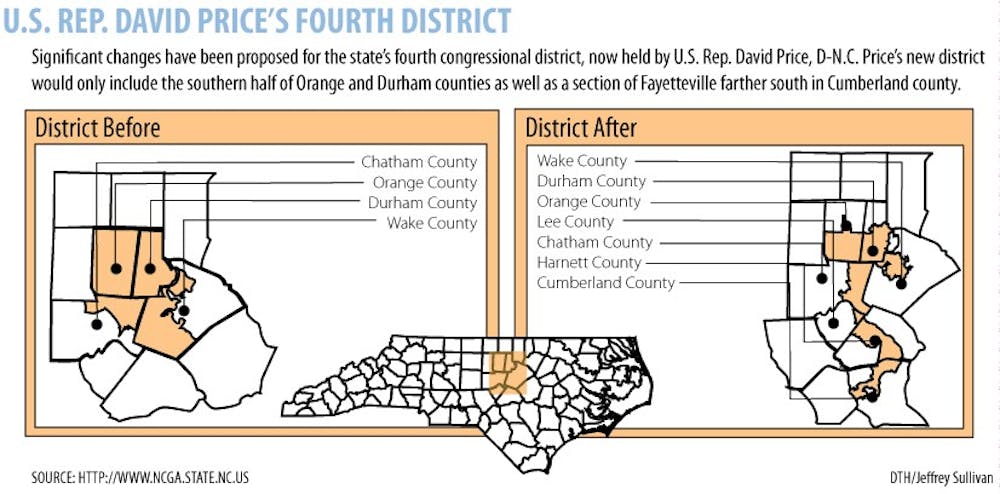For more than 100 years, Democratic legislators at the N.C. General Assembly have drawn congressional and state legislative districts for voter representation.
Now that a Republican majority is in charge of the redistricting process, leaders say their proposed districts will avoid the legal challenges that have marred several of the state’s electoral maps in previous decades.
But Democrats and civil rights leaders say the same proposals pack minorities into fewer areas to dilute their voting strength.
The federal Voting Rights Act requires certain districts to have a majority of minority voters. Eight of these 11 N.C. Senate districts and 17 of the 27 N.C. House districts would see an increase in black voter registration under the proposal.
The new districts will account for growth in the state’s population, which has increased by 18.5 percent or almost 1.5 million since 2000. N.C. is now the 10th largest state in the nation.
The proposed electoral maps will be subject to amendments in redistricting committees. Final votes will be held at the end of July for the districts, which cannot be vetoed by Gov. Bev Perdue.
Though Republicans can essentially pass their proposed districts without substantial changes, federal guidelines and legal hurdles must be met before the maps are implemented. Brent Laurenz, director of outreach for the N.C. Center for Voter Education, said the state has become famous for litigation involving new district maps.
“We’re kind of the ground zero for federal lawsuits and things like that for redistricting,” he said. “At this point, somebody will file a lawsuit no matter what.”
State and federal scrutiny



